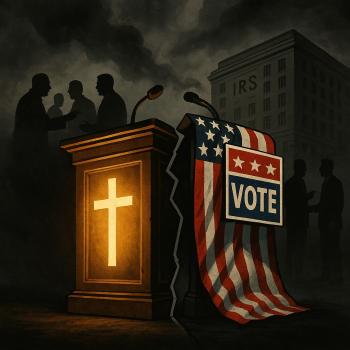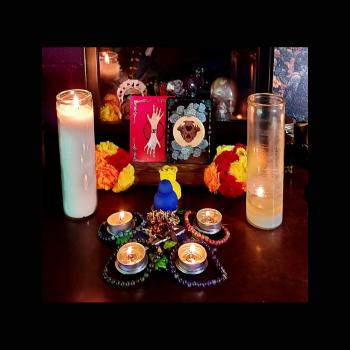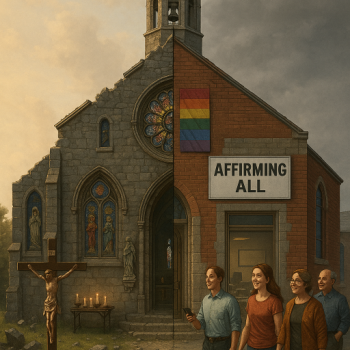
Jeremiah 29:11 - Bible Verse and Religious Perspectives
Jeremiah 29:11 reads: "For I know the plans I have for you, declares the LORD, plans for welfare and not for evil, to give you a future and a hope."
The book of Jeremiah is set in a tumultuous period for the kingdom of Judah, spanning the reigns of five of its kings. Jeremiah himself was a prophet who lived in the late 7th and early 6th centuries BCE, and he witnessed the Babylonian invasion of Judah and the eventual destruction of Jerusalem and the Temple in 587-586 BCE.
Jeremiah 29 is part of a letter that the prophet Jeremiah sends from Jerusalem to the elders, priests, prophets, and all the people who Nebuchadnezzar had taken into exile from Jerusalem to Babylon (Jeremiah 29:1). This was the first wave of exiles, which included King Jehoiachin, and occurred around 597 BCE.
The exiles were in a state of despair and longed for their homeland. False prophets among them were fueling this despair by predicting a quick end to the Babylonian rule and a swift return to Judah.
However, Jeremiah's message in his letter was quite different. He advised the exiles to settle down in Babylon, build houses, plant gardens, marry, have children, and seek the peace and prosperity of the city to which they have been exiled (Jeremiah 29:4-7). This advice indicates that the exile will not be a short period, but rather a long one.
In that context, Jeremiah 29:11 offered a word of hope. Despite the immediate circumstances, God assures them that He has not forgotten them and has plans for their welfare, not for harm, to give them a future with hope. This verse speaks to God's long-term plans, even in the midst of their current struggles and despair. Jeremiah predicted that the exile would last for 70 years (Jeremiah 29:10), after which God would bring them back to their homeland.
So, in its historical context, Jeremiah 29:11 was a message of comfort and hope in the midst of despair and uncertainty, assuring the exiles that they were still in God's care and that He had not abandoned them.
This verse speaks to the personal and caring nature of God, His omniscience, and His desire for the good and wellbeing of His people. Here's how this idea might be interpreted or paralleled in different religious traditions:
Muslim Perspective:
While the Bible is not part of the Islamic canon, they do believe that it was inspired and given by Allah, though corrupted over time. And like the Bible, the Quran does emphasize God's (Allah's) deep care, guidance, and planning for humanity. Therefore, the sentiment behind Jeremiah 29:11 would resonate with the Islamic understanding of God's will, although Muslims would generally refer to similar themes in the Quran.
The Church of Jesus Christ of Latter-day Saints (LDS/Mormon) Perspective:
Latter-day Saint Christians accept the Bible as inspired scripture, so they would see Jeremiah 29:11 as a testament to God's love and plan for “covenant Israel,” but also generally applicable to each individual. The belief in personal revelation in Latter-day Saint theology is harmonious with the idea that God has specific plans for each person, and that all that God sends us is for our good, and never designed to harm us.
Christian (including Baptist, Evangelical, and Catholic) Perspective:
For all these Christian denominations, Jeremiah 29:11 would generally be taken as a comforting assurance of God's personal care and plans for His people. The specifics of interpretation may vary, but the overall theme would be consistent.
Progressive Christian Perspective:
Progressive Christians might emphasize the social justice aspect of this verse, seeing it as God's desire for the welfare and hope of all people, and a call to action for Christians to work towards this goal in society by making sure that others—particularly the marginalized and needy—are taken care of and have reason to “hope” in a better future.
Jewish Perspective:
As this verse is from the Tanakh (the Hebrew Bible), Jewish people might interpret it in its historical context—God's message to the exiled Israelites in Babylon. It shows God's promise to bring them back to prosperity and eventual peace. This verse would be seen as a reminder for God that He is aware of His covenant people and that He will continue to provide a future filled with hope.
Buddhist Perspective:
While most Buddhists don't believe in a personal deity, the idea of having a hopeful future could be seen as parallel with the Buddhist concept of achieving enlightenment and liberation from the cycle of suffering that is part of the mortal experience.
Hindu Perspective:
Hinduism has various philosophies about divine will and destiny. Nevertheless, some Hindus may see similarities with the idea in Jeremiah 29:11 in the concept of Dharma or cosmic order. The fact that a high percentage of Hindus live lives where their day-to-day needs can be hard to come by makes this passage particularly relevant. Many Hindus, and specifically those of the lower castes, tend to hold out hope for a day when suffering ends, Nirvana is achieved, and they merge with Brahman—the Ultimate.
Jehovah's Witnesses Perspective:
As a Christian denomination, Jehovah's Witnesses would view Jeremiah 29:11 the same as other Christians, acknowledging it as God's promise of a hopeful future for His people, and all that Jehovah-God sends being designed to be a blessing for the faith-filled follower.
Shinto Perspective:
While practitioners of Shinto don't have a parallel concept to a single God promising a future and hope, they do believe in many spirits (or “kami”) who are found everywhere and in just about everything in the natural world. Thus, practitioners of Shinto believe that the kami can send blessings and cursings, contingent upon how one lives and the degree to which one seeks to appease the kami. Therefore, the core doctrines behind Jeremiah 29:11 would resonate with many in the Shinto tradition, but they would perceive the various kami and ancestral spirits as the source of this promised prosperity, for which they hope.
Pagan Perspective:
In diverse Pagan practices, the emphasis is often on personal growth, the cycles of nature, and the diverse pantheon of gods and goddesses. A verse like Jeremiah 29:11 may not directly relate to these beliefs, but some Pagans may appreciate the sentiment of a hopeful future, and certainly believe that by honoring nature and its various gods or goddesses, blessings can be received and powers developed. The concept is fairly different from how the Abrahamic faiths would read this passage, but parallels certainly exist.
As always, these are generalized perspectives, and there can be a broad range of beliefs within each religious tradition. No major world religion has complete uniformity of belief among all of its practitioners.
8/23/2023 7:59:55 PM










